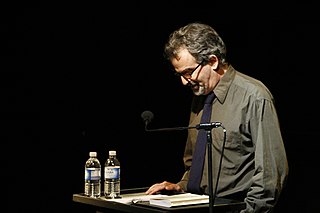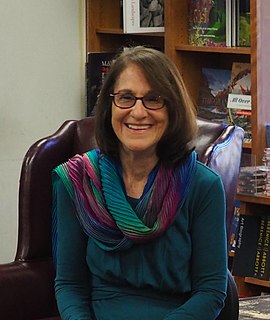A Quote by Sarah Kay
I think you can perform any poem. But what I believe is that the best examples of spoken word poetry I've ever seen, are spoken word poems that, when you see them, you're aware of the fact they need to be performed. That there's something about that poem that you would not be able to understand if you were just reading it on a piece of paper.
Related Quotes
My first spoken word poem, packed with all the wisdom of a 14-year-old, was about the injustice of being seen as unfeminine. The poem was very indignant, and mainly exaggerated, but the only spoken word poetry that I had seen up until that point was mainly indignant, so I thought that that's what was expected of me.
High school was the first time I ever saw spoken word poetry. The first place I ever performed a poem was at my school, so in some ways it was the nucleus of how it all started. For me I think high school was a period of trying to figure myself out, and poetry was one of the ways I did that, and was a very helpful avenue to try to do that.
I would read the Shel Silverstein poems, Dr. Seuss, and I noticed early on that poetry was something that just stuck in my head and I was replaying those rhymes and try to think of my own. In English, the only thing I wanted to do was poetry and all the other kids were like, "Oh, man. We have to write poems again?" and I would have a three-page long poem. I won a national poetry contest when I was in fourth grade for a poem called "Monster In My Closet.
The first time I ever performed spoken word poetry in front of a big crowd, it totally failed. It ended, people barely clapped...in retrospect the poem was terrible. And for a while I thought this was something I would never do again. And then I realized that, in my 17-year-old head, that was the worst it could have been. And it wasn't that bad - [because] from there, it could only get better. And I think that failure kind of freed me up to explore and not be afraid of failing again.
I just think that the world of workshops - I've written a poem that is a parody of workshop talk, I've written a poem that is a kind of parody of a garrulous poet at a poetry reading who spends an inordinate amount of time explaining the poem before reading it, I've written a number of satirical poems about other poets.
I hope any poem I've ever written could stand on its own and not need to be a part of biography, critical theory or cultural studies. I don't want to give a poetry reading and have to provide the story behind the poem in order for it to make sense to an audience. I certainly don't want the poem to require a critical intermediary - a "spokescritic." I want my poems to be independently meaningful moments of power for a good reader. And that's the expectation I initially bring to other poets' writing.
If I looked at some of these pieces as if this project was not spoken-word but just short anthology, I probably would have fussed with some of the sentences, you know? Syllabication and prosody and such crap. Because the printed word is etched in stone. But for reading purposes I accepted this book of texts in the manner in which I wrote them, no need to fuss. Most of the shorter stuff was written as poetry. Meaning lots of white space on the page.
Oh, he was just angry, we tell ourselves when someone blurts out something he later apologizes for. But a word, once spoken, lingers forever; to keep peace we pretend to forget, but we never do. Strange that a spoken word can have such lasting power when words carved on stone monuments vanish in spite of all our efforts to preserve them. What we would lose persists, lodged in our minds, and what we would keep is lost to water, moths, moss.
































